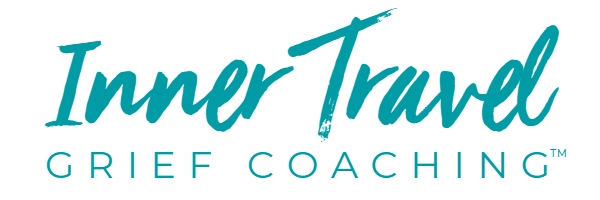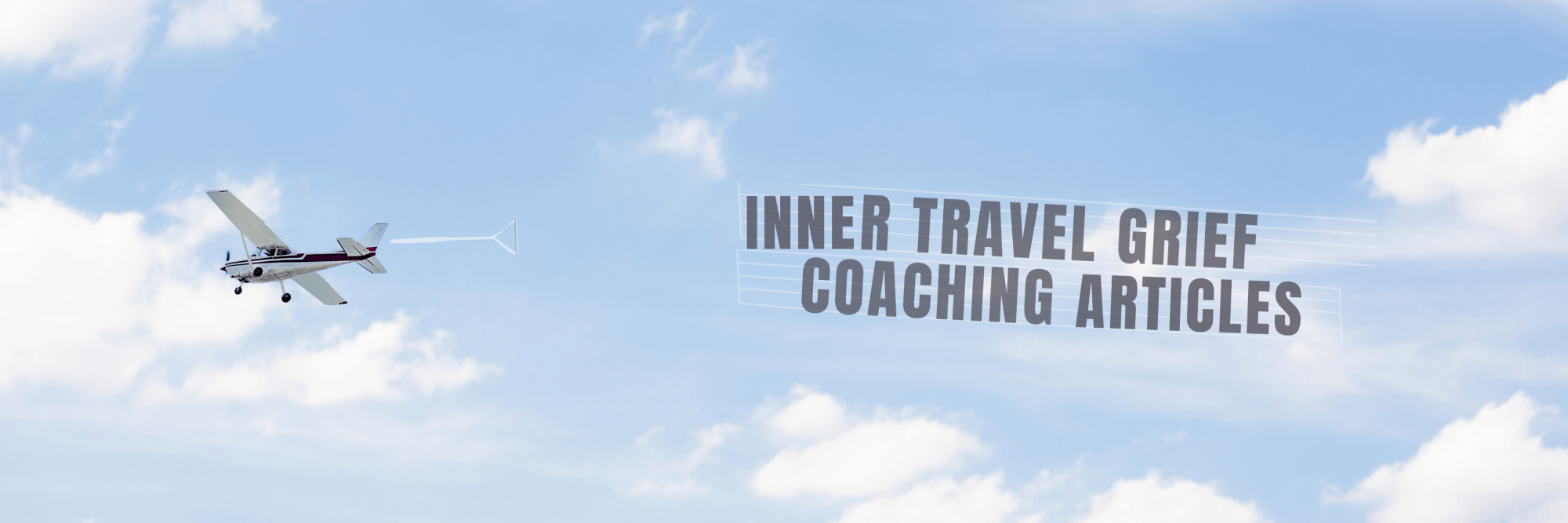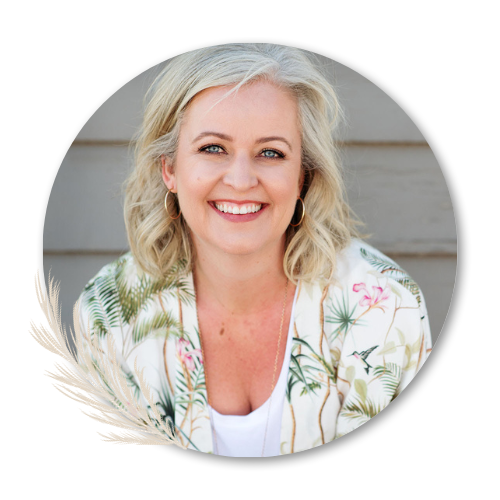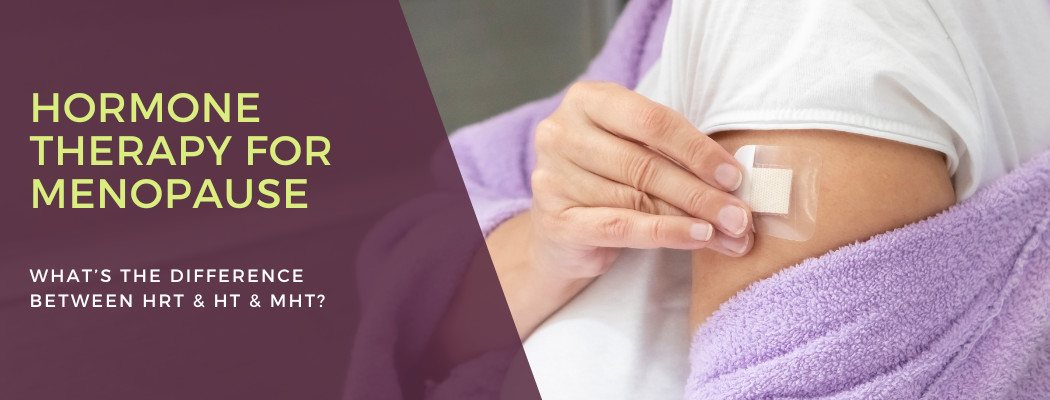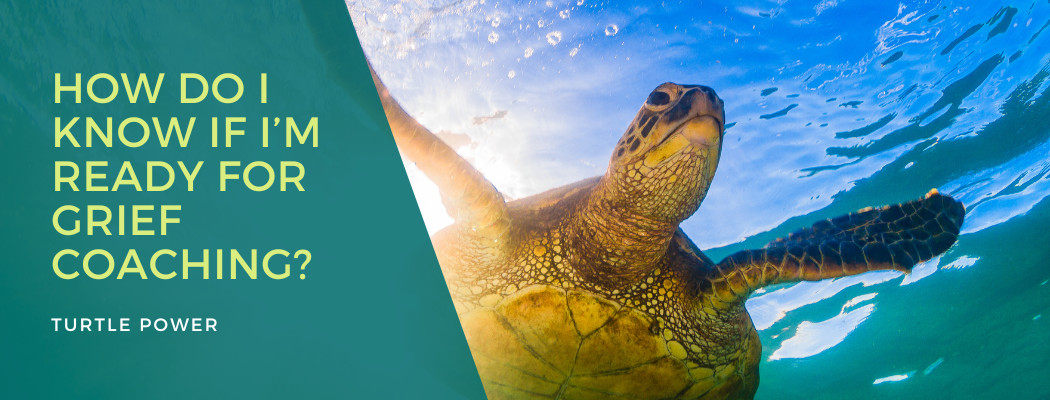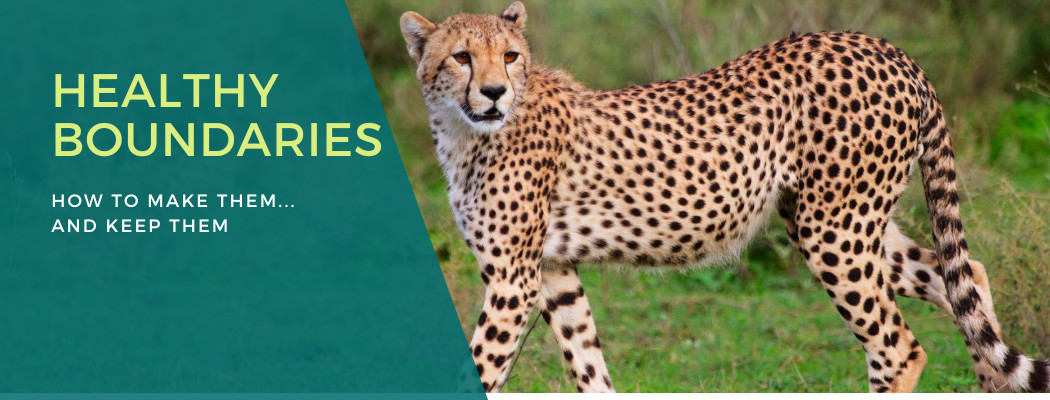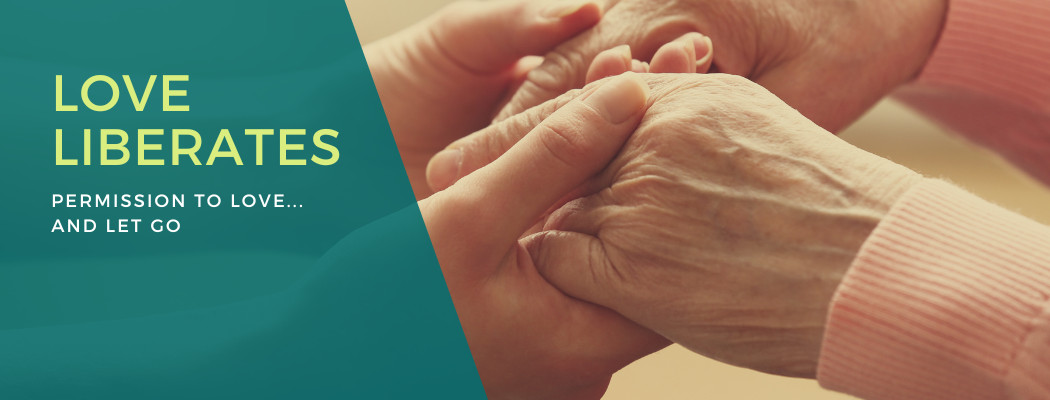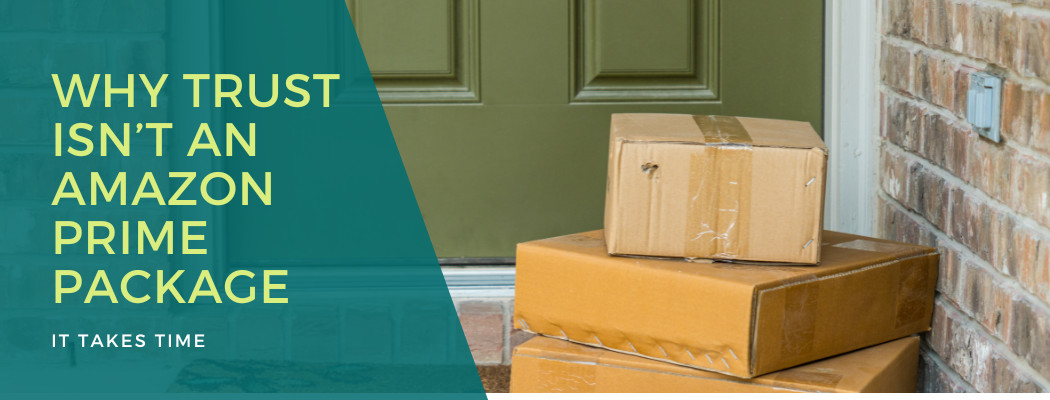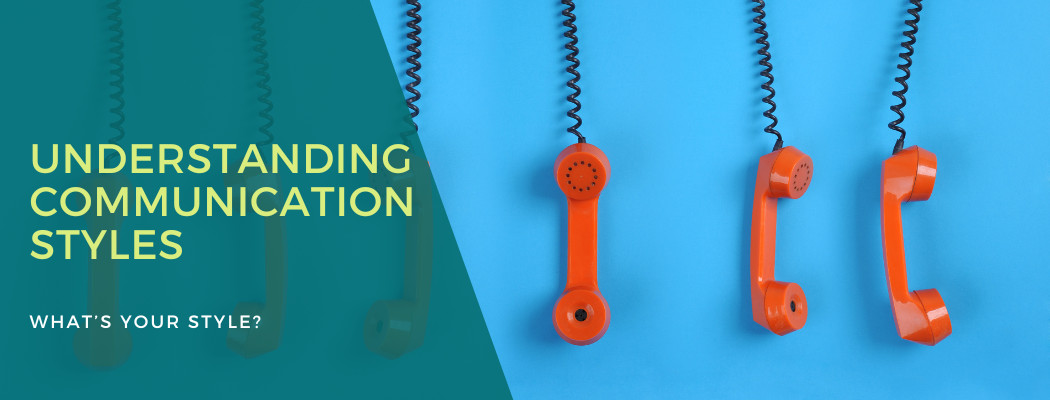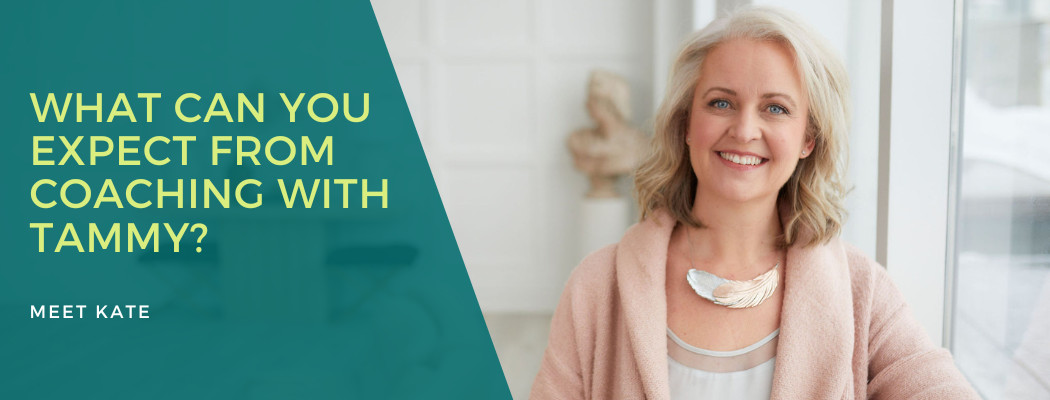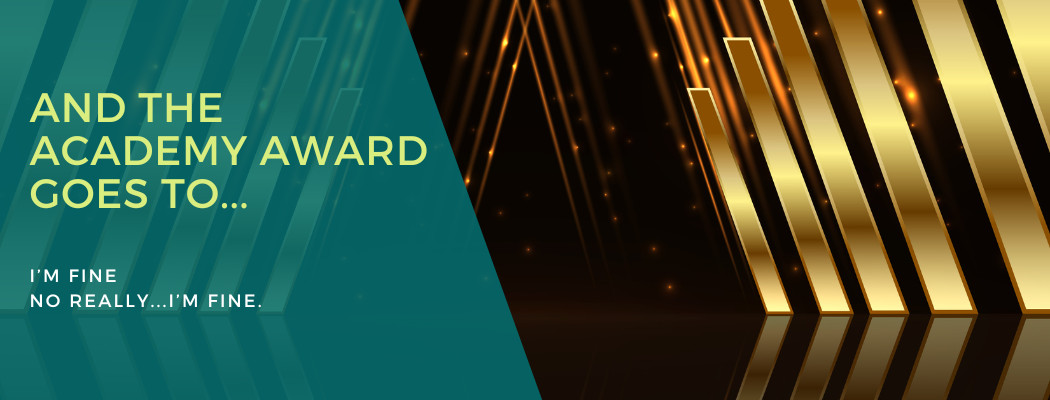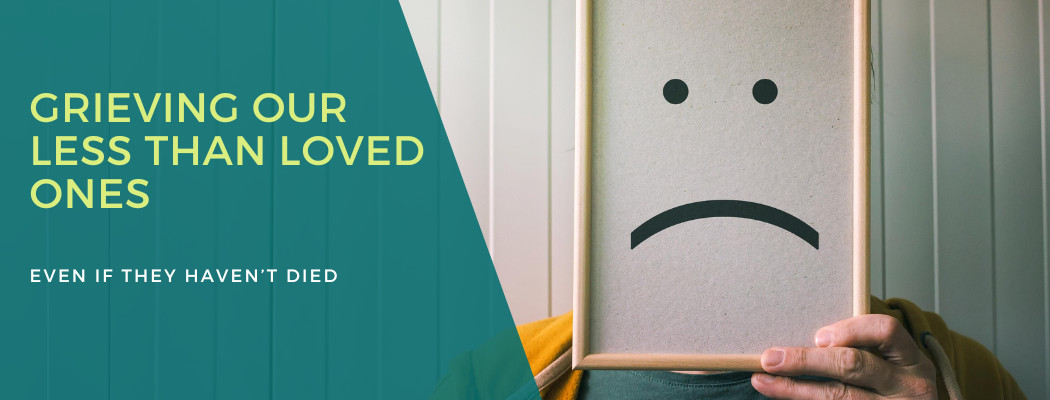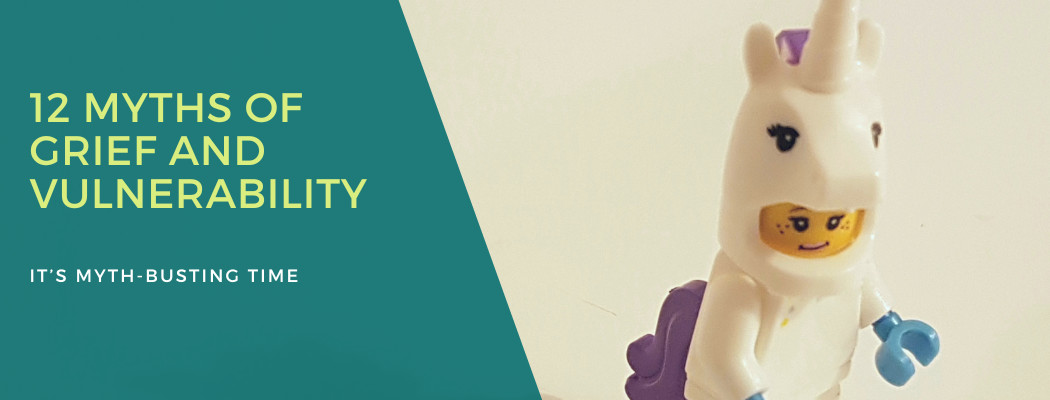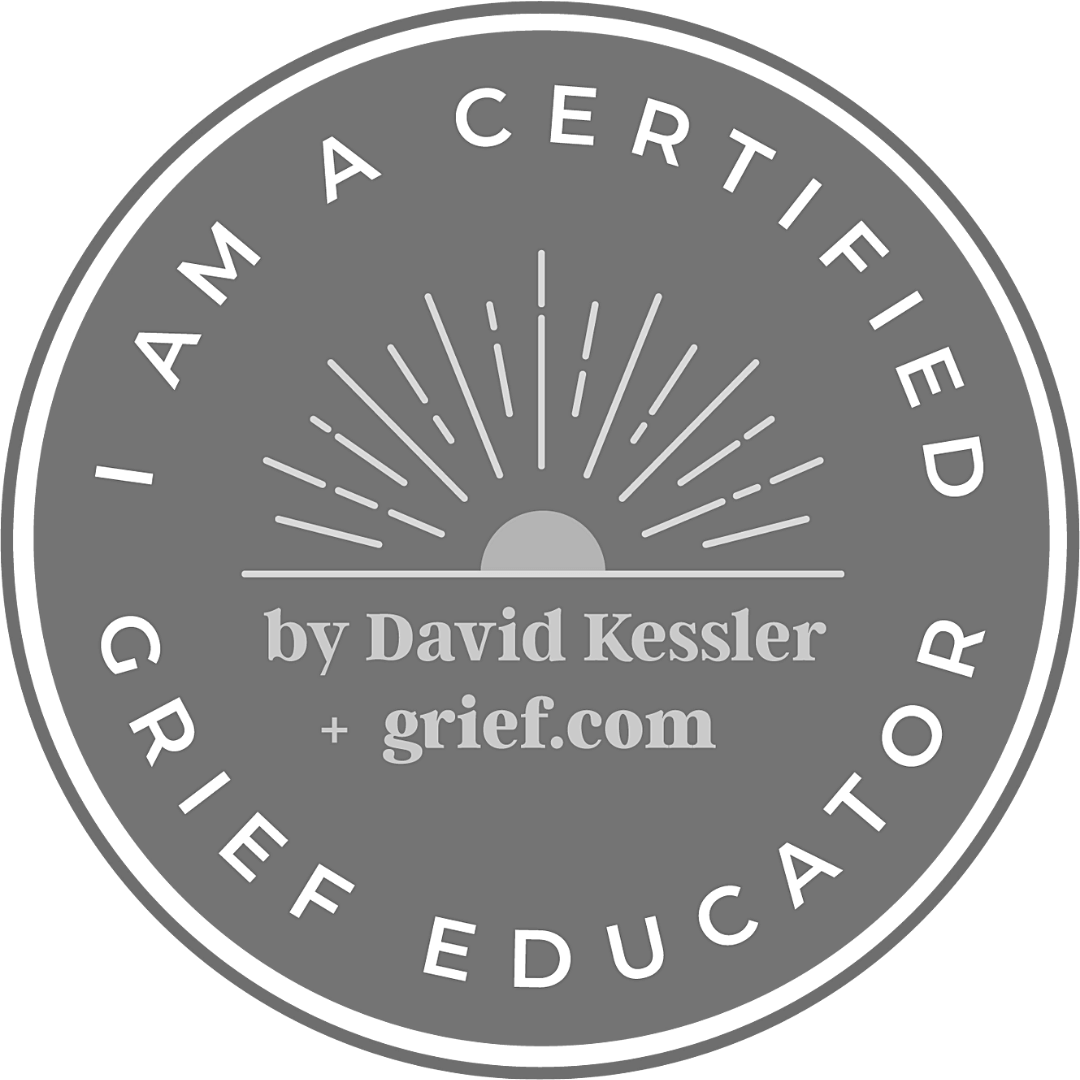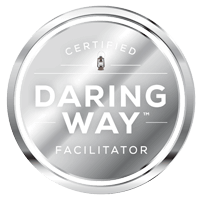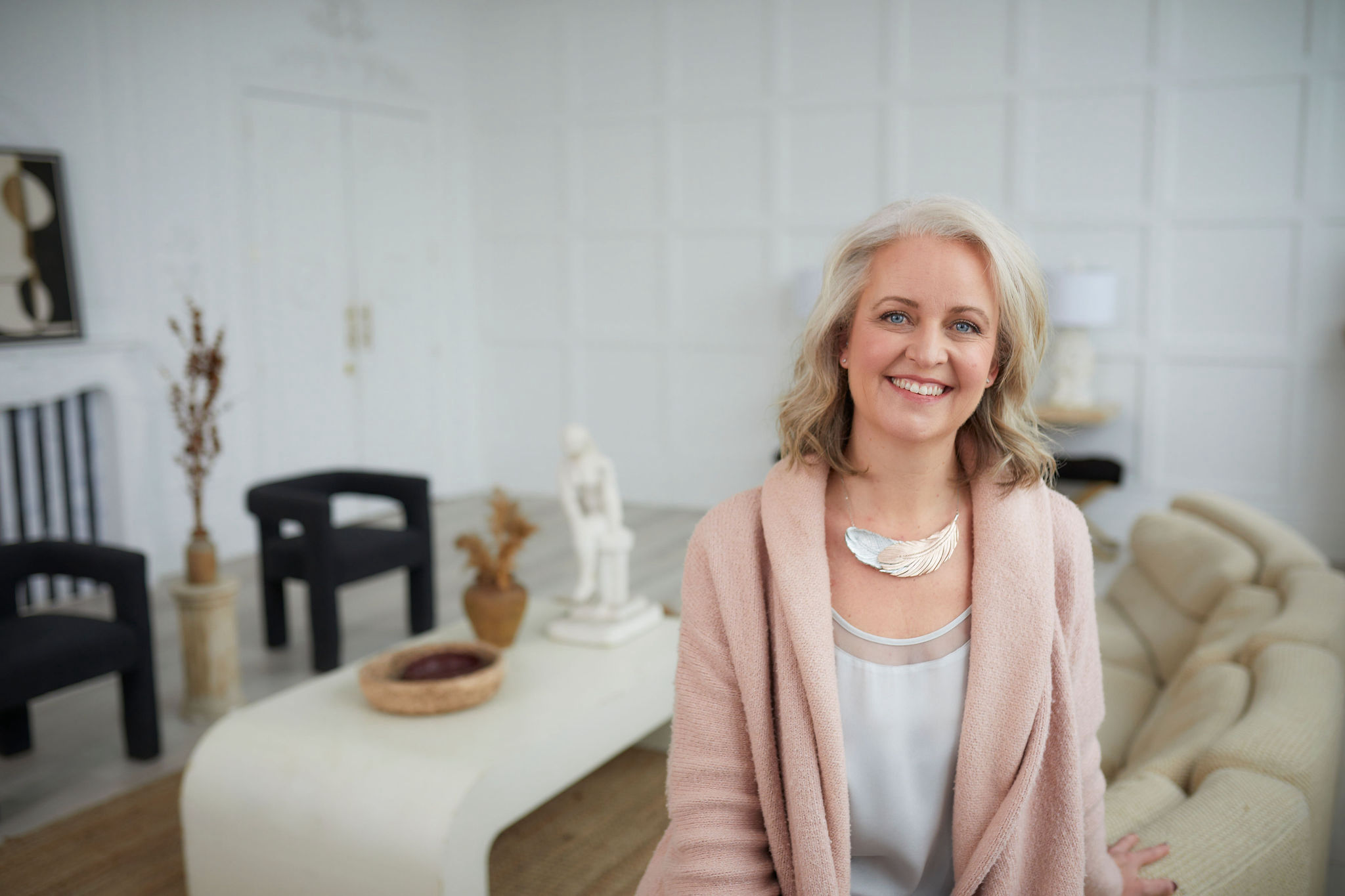Menopause: a time of change that can impact your body and mind. It’s a natural phase of life, but it often comes with its own set of challenges. Hormone Therapy (HT) and Hormone Replacement Therapy (HRT) can help ease these challenges, providing relief and a path forward. Think of HT as your body's personal assistant during menopause, ready to tackle hot flashes, mood swings, and more. Let’s explore these therapies together, so you feel supported and informed every step of the way.
Read more...Feeling stuck in your grief journey? Inner Travel Grief Coaching's article helps identify when you're ready for grief coaching, offering insights on the Grief Recovery Method® and steps towards healing and reclaiming joy.
Read more...Struggling to set boundaries that stick? Dive into our guide for setting healthy boundaries with ease. Featuring expert advice and real-life scripts, this post empowers you to communicate your limits clearly and maintain your well-being. It’s time to teach others how to love you better.
Read more...